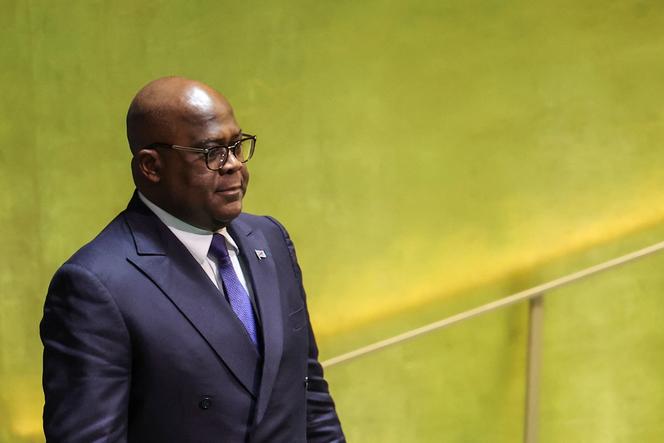


The Congolese opposition has not managed to overcome its divisions and put forward a single candidate for the December 20 elections in DRC, but it has found a common angle of attack to expose one of the main failures of the five-year term of the outgoing head of state, Félix Tshisekedi. On November 20, Moïse Katumbi launched his campaign from Kisangani in the north-east of the country with an challenge, accompanied by a promise, that all the president's opponents running for reelection should take up: "Whoever has high authority over this country must simply bring us peace in the east of the Democratic Republic of Congo [DRC], where our Congolese compatriots are suffering bitterly. [...] We're going to drive every one of these forces out of our country, aren't we?"
The former governor of Katanga (the DRC's richest province), considered to be the main adversary of the current president, in office since January 2019, knows that such a commitment is easier to make than to keep. But he recalled how much security has deteriorated in the DRC in recent years, particularly in the east of the country bordering Uganda and Rwanda.
The North Kivu province has been under attack since November 2021 from the March 23 Movement (M23), a rebel group that recruits mainly from Congolese Tutsi communities and is backed by Rwanda, according to observations by the United Nations and Western intelligence services. In Ituri, the Allied Democratic Forces (ADF), a jihadist group originally from Uganda that pledged allegiance to the Islamic State group in 2017, sow terror.
The DRC holds the unfortunate world record for the number of people internally displaced by violence over the last 30 years: 6.9 million nationwide, according to figures published at the end of October by the International Organization for Migration (IOM). The resurgence of M23-related violence in the fall of 2021, after nine years of relative inactivity, will once again cause these figures to explode.
"For decades, the Congolese people have been living through a storm of crises," said Fabien Sambussy, IOM's Chief of Mission in DRC. "The most recent escalation of the conflict has uprooted more people in less time like rarely seen before." The UN agency estimates that over a million people were displaced in the first half of 2023.
The current Congolese president is not solely responsible for this humanitarian tragedy. Its origins go back – at the very least – to the aftermath of the Tutsi genocide in Rwanda in 1994. Tshisekedi's meandering strategic approach to containing the recent outbursts has confused many observers.
You have 75% of this article left to read. The rest is for subscribers only.
